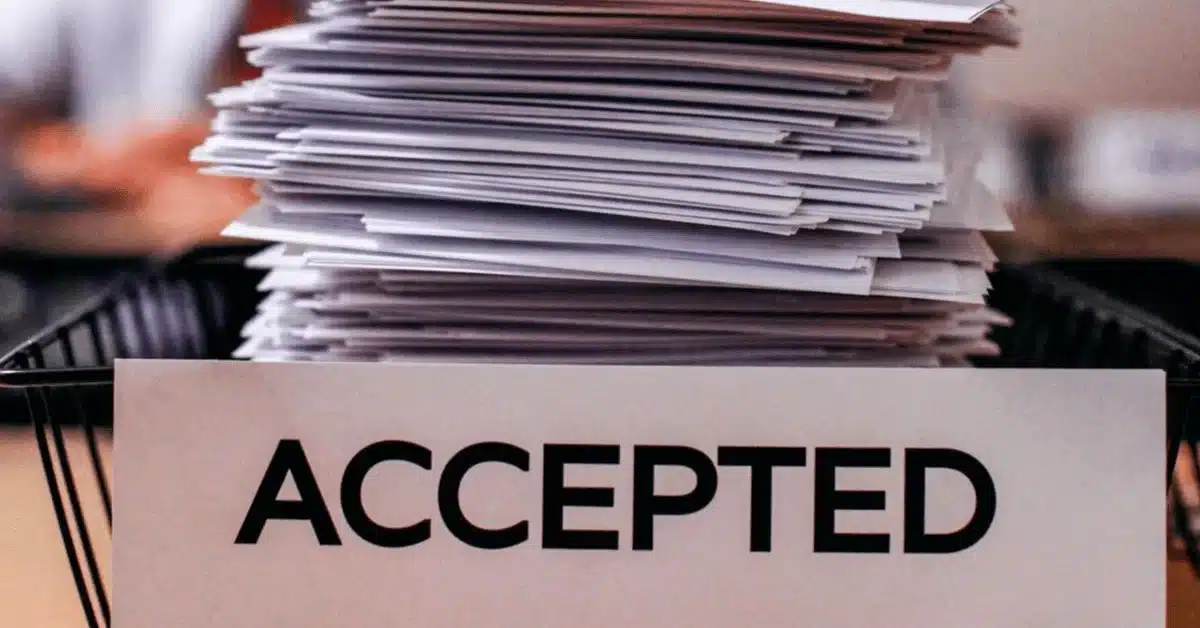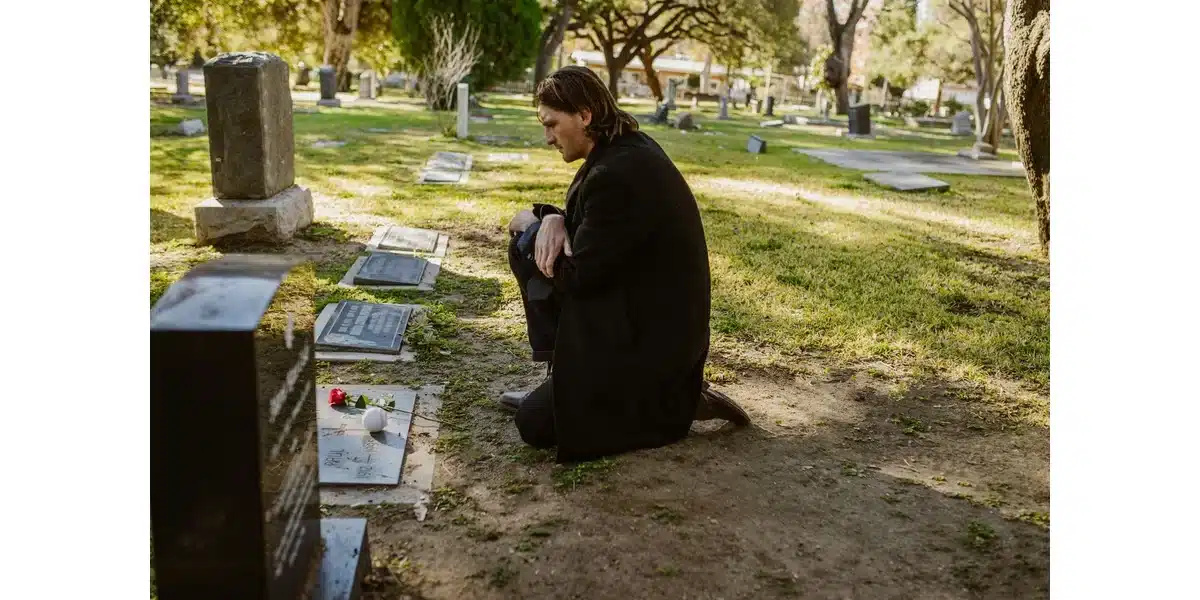Yes, a stranger can be a witness to your will in Queensland, provided they meet the legal requirements. Witnesses must be over 18 years old, have the mental capacity to understand the nature and effect of the will, and not be a beneficiary or spouse of a beneficiary named in the will. It is preferable for witnesses to be independent and unrelated to the testator to minimise the risk of challenges to the will’s validity.
While it is possible to have a stranger witness your will, it is generally recommended to choose someone you know and trust who can be easily located if needed to verify the signing of the will in the future.
Find out more about who can and cannot be a witness to a will in this article.
How many witnesses are required for a valid will?
A valid will requires the signatures of two witnesses. These witnesses must be present at the same time when the testator (the person making the will) signs the document.
Do witnesses to my will need to know its contents?
No, witnesses to a will in Queensland are not required to know the contents of the will. Their role is to attest to the testator’s identity, mental capacity, and voluntary signing of the document.
However, the testator should declare that the document being signed is their will and that they are signing it freely and without undue influence.
Also read: Are Handwritten Wills Legal in Australia?
Can a witness to my will also be a beneficiary?
A beneficiary named in the will, or their spouse or de facto partner, cannot serve as a witness to that will. If a beneficiary or their partner acts as a witness, they may forfeit their entitlement under the will. This rule is designed to prevent conflicts of interest and ensure the will’s validity.
It is important to choose independent witnesses who have no personal interest in the will’s contents to ensure its validity and prevent potential disputes in the future.
Also read: Spouse Entitlement After Death
What should I do if I can’t find suitable witnesses for my will?
If you’re struggling to find suitable witnesses for your will in Queensland, consider these options:
- Seek Professional Assistance: Consult with a solicitor or will lawyer. They can often provide witnesses to execute your will and ensure it is legally valid.
- Explore Your Network: Consider friends, neighbours, colleagues, or acquaintances who are not beneficiaries under your will and meet the witness requirements (over 18, of sound mind).
- Utilise Public Services: Some institutions, such as banks or post offices, may offer witnessing services. Contact your local branch to inquire about their policies.
- Approach Community Organisations: Some community centres or religious institutions may be able to provide witnesses. Contact those in your area to see if they can assist.
It’s crucial to remember that witnesses should be independent and have no vested interest in your will. Avoid choosing individuals who could be perceived as having undue influence over your decisions or who may benefit from the will’s contents.
By exploring these options, you should be able to find suitable witnesses to ensure your will is legally valid and your wishes are carried out.
Need a Lawyer?
Are there alternatives to having a stranger witness my will?
Yes, there are alternatives to having a stranger witness your will in Queensland. Here are a few options:
- Solicitor or Lawyer: The most common alternative is to have your solicitor or will lawyer act as a witness. They are familiar with the legal requirements and can ensure your will is properly executed.
- Trusted Friends or Acquaintances: If you have friends or acquaintances who are not beneficiaries under your will, they can be suitable witnesses. Choose people you trust and who understand the importance of their role.
- JP (Justice of the Peace): JPs are authorised to witness documents and are often available in community centres, libraries, or courthouses.
- Commissioner for Declarations: Similar to JPs, Commissioners for Declarations can also witness your will and are often found in government offices or legal firms.
- Witnessing Services: Some organisations or businesses offer professional witnessing services for a fee.
How should witnesses sign my will?
Witnesses should sign your will in the following manner:
- Presence: Witnesses must be present at the same time when you, the testator (person making the will), sign the document. They must also sign in your presence and in the presence of each other.
- Signature: Each witness should sign their full name, including their usual signature, in the designated witness signature areas of the will.
- Address and Occupation: After signing their names, witnesses should provide their full residential addresses and occupations. This information helps to identify them if their testimony is needed in the future.
- Initials (Optional): Although not mandatory, it’s good practice for witnesses to initial each page of the will to prevent any pages from being replaced or removed.
- Order of Signing: Generally, the testator signs the will first, followed by the witnesses. However, the order isn’t strictly prescribed by law, as long as everyone signs in the presence of each other.
It is important to note that any alterations or corrections made to the will should be initialed by both the testator and the witnesses to avoid any confusion or disputes later.
Also read: Who Can See a Will Before Death Australia
What are the consequences of a will witnessed improperly?
If a will is witnessed improperly, it may lead to several undesirable consequences:
- Invalidity of the Will: The most severe consequence is that the entire will, or certain provisions of it, may be declared invalid. This could happen if the witnesses were not present at the same time when the testator signed, if a beneficiary or their spouse acted as a witness, or if other legal formalities were not followed.
- Partial Intestacy: If specific provisions of the will are invalidated, it may result in partial intestacy. This means that the assets covered by the invalid provisions will be distributed according to the state’s intestacy laws, rather than the testator’s wishes.
- Legal Disputes and Challenges: An improperly witnessed will can lead to family disputes, legal challenges, and costly court proceedings. This can cause significant delays in the administration of the estate and create emotional distress for all parties involved.
- Financial Loss: Beneficiaries may lose their entitlements if the provisions intended for them are deemed invalid. This can result in significant financial loss and hardship for those who were relying on the will to provide for their future.
- Undue Influence Claims: An improperly witnessed will may raise suspicions of undue influence or coercion, especially if the witnesses were not independent or had a vested interest in the will’s outcome.
What happens when the witness to a will dies?
When a witness to a will dies before the testator (the person who made the will), the will itself remains valid. The witness’s signature serves as evidence that the will was properly executed at the time of signing.
However, if the witness dies before the testator’s death and the will is later contested, it may be more difficult to prove its validity. This is because the deceased witness cannot testify to the circumstances surrounding the signing of the will. In such cases, other evidence, such as handwriting analysis or the testimony of other people present during the signing, may be needed to support the will’s authenticity.
To avoid potential complications, it’s generally advisable to have your will witnessed by at least two people. That way, even if one witness becomes unavailable, the other can still provide testimony if needed. If a witness dies, it’s also a good idea to consider updating your will with new witnesses while you are still alive and able to do so.
Validating witness eligibility for a will
Our client at Walker Pender sought guidance to ensure the validity of his chosen will witness, who happened to be his long-time best friend. We meticulously reviewed the legal requirements for witnesses in Queensland, explaining that a valid witness must be over 18, of sound mind, and not a beneficiary or spouse of a beneficiary.
As the best friend did not fall under any of these disqualifying categories, we were able to confirm their eligibility and proceed with the will execution. This reassured our client and allowed him to finalize his estate planning with confidence.
Secure your legacy with Walker Pender
Don’t leave your estate planning to chance. Ensure the validity of your will and protect your loved ones. Contact Walker Pender today to consult with our experienced legal team on all aspects of will preparation and execution, including witness selection and legal compliance. We’re committed to safeguarding your wishes and providing peace of mind for your future.




